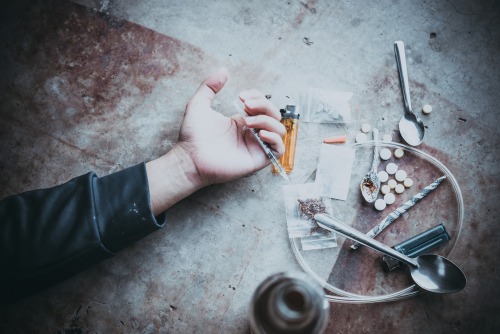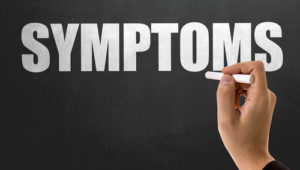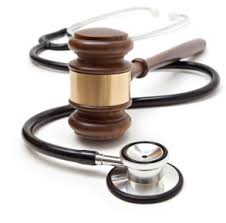 If you or a loved one suffered an overdose from medical negligence, you may be entitled to compensation.
If you or a loved one suffered an overdose from medical negligence, you may be entitled to compensation.
If a medical professional or facility caused an overdose, this could be an act of medical negligence. A hospital, doctor, or any other healthcare professional who causes injury to a patient through negligence or omission is considered medical malpractice. This negligence might be an error in diagnosis, treatment, aftercare, or health management.
Taking more than the normal or recommended amount is an overdose. An overdose can be deliberate or accidental. Please note that medical negligence could lead to an overdose of any drug, but the primary focus of this webpage is opioid overdoses.
How Medical Negligence Could Lead to an Overdose
Doctors and other healthcare providers must explain the risks of taking opioids. Although opioids can be an effective part of a pain management program, some healthcare providers are careless in prescribing and checking their patients.
Victims and Family Legal Rights
Patients who suffer an overdose from medical negligence might be entitled to compensation for damages such as medical bills and mental anguish. If the patient passed away from an overdose, it is possible that surviving family members can file a wrongful death claim or lawsuit.
Survivors of an overdose or family members should know their legal rights. A medical malpractice lawyer who accepts opioid overdose cases can provide this information.
Medical Negligence Factors in Opioid Abuse and Overdose
Opioids are extremely addictive. Doctors and other medical providers must be prudent in prescribing them to patients. They must regularly check patients who take opioids for an extended period to make sure patients are not abusing or misusing their medicine.
The Centers for Disease Control and Prevention (CDC) warns that anyone could become addicted to opioid and subsequently overdose. Certain groups of people are at higher risk, including patients who are:
- Age 65 and older
- Have medical conditions such as sleep apnea, and impaired kidney or liver functions
- Are inconsistent with dosage
- Combine opioids with alcohol and other drugs
Any patient who takes opioids is at risk for overdose in certain situations. These include:
- Prescription too potent for their age and health
- Incorrectly filled by a pharmacist
- Inappropriate medication for a condition
- Inaccurate doses from hospital or facility staff
Prescription Opioid Abuse Is a National Crisis
According to the National Institute on Drug Abuse (NIDA), more than 130 Americans overdose on opioids every day. In 2017, the NIDA reported 47,000 deaths from this highly addictive painkiller. The U.S. Department of Health and Human Services estimates that 40 percent of opioid overdose deaths are from prescription opioids. These includeOxyContin®and Vicodin®.
Free Consultation
If you or a loved one experienced an opioid overdose due to medical negligence, please call Newsome | Melton at 888-526-8947 for a free consultation.
Overdose - Frequently Asked Questions

In many cases, failure to diagnose is a form of medical malpractice. Malpractice cases often hinge on the standard of care other doctors with similar backgrounds would provide in the same situation. If a doctor missed signs and symptoms other professionals would have identified, you may have a case for medical malpractice. Doctors have a responsibility to
Read More
The main symptom of locked-in syndrome is paralysis of every voluntary muscle in one’s body except those controlling eye movement. It is the equivalent of having quadriplegia along with no movement in the facial muscles, diaphragm, or intercostal muscles, making it impossible to swallow or even breathe without assistance. Locked-in syndrome does not, however, affect
Read MoreOverdose - News Articles

Peter Sfameni’s health was declining quickly. His lower back was in constant agony, his weight was rapidly declining, and he was always tired. Finally, at the end of 2010, he became so concerned with his condition that he went to the emergency room at the Rhode Island Hospital. Doctors initially believed that Sfameni might be
Read More
Jury Finds Colorado Doctor Negligent for Child’s Brain Damage; Family Awarded $4 Million In the fall of 2005, Pamela Rudnicki rushed to the Memorial Hospital, located in Colorado Springs, CO. Rudnicki was nearly nine months pregnant at the time and was approaching her due date when her doctor, Peter Bianco, made the decision to induce
Read More